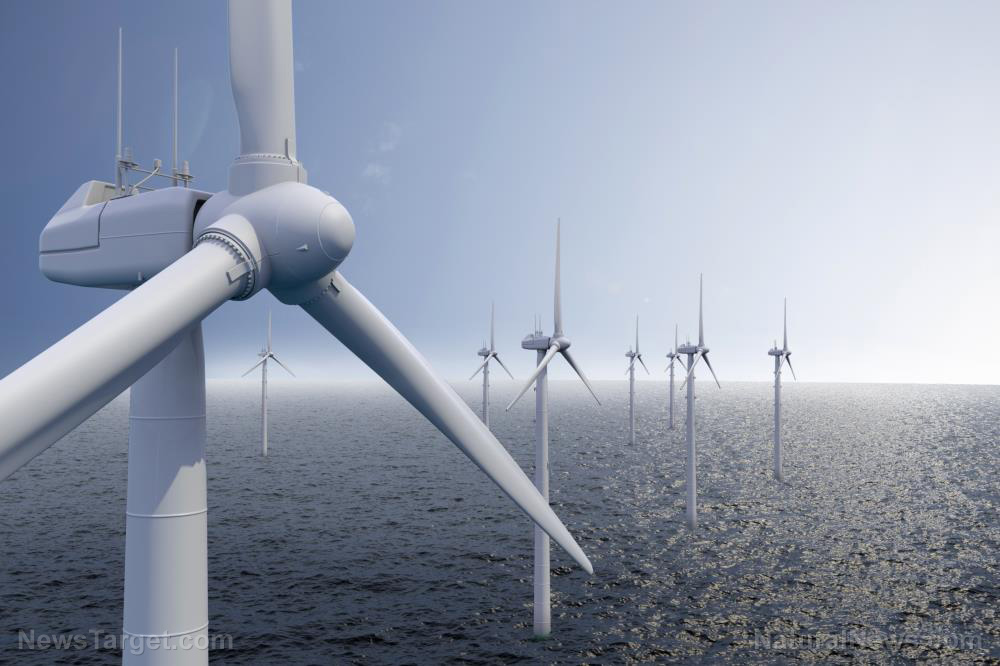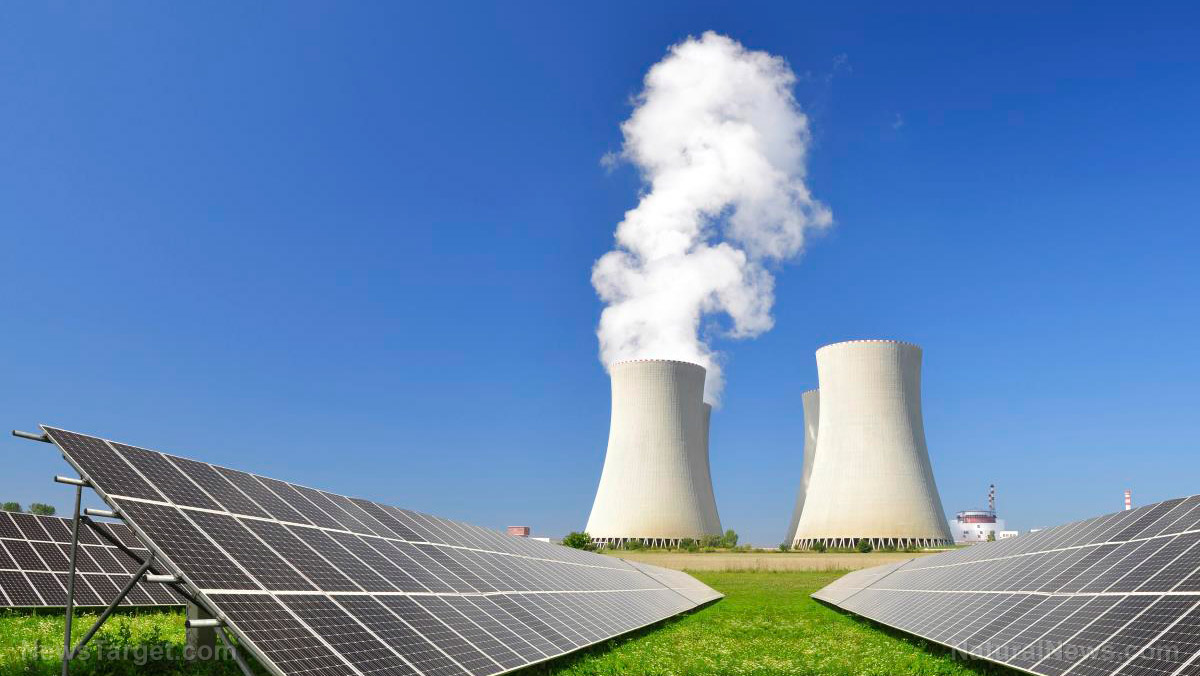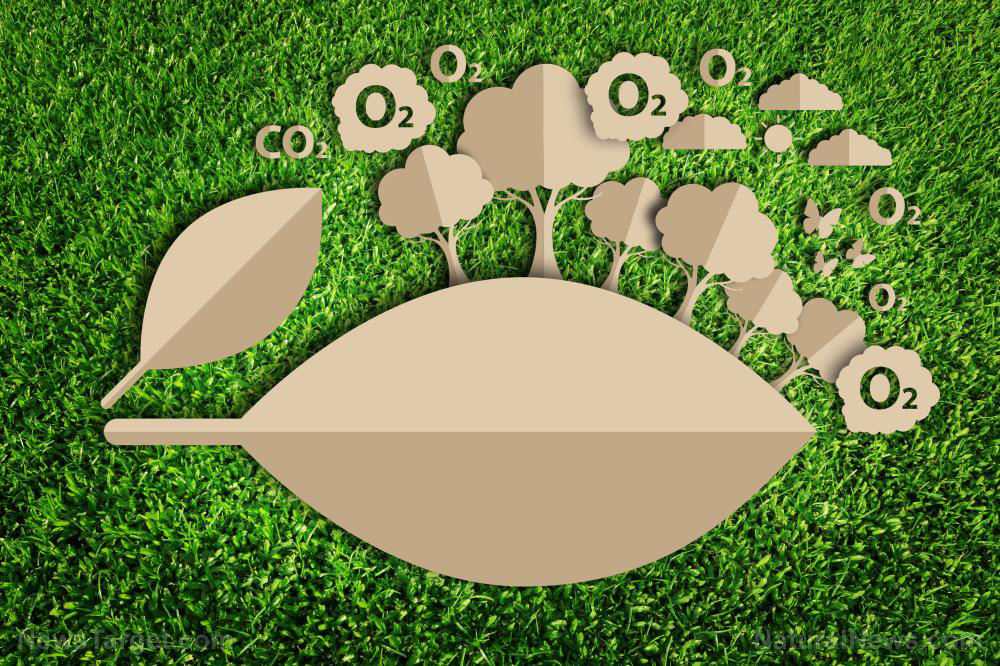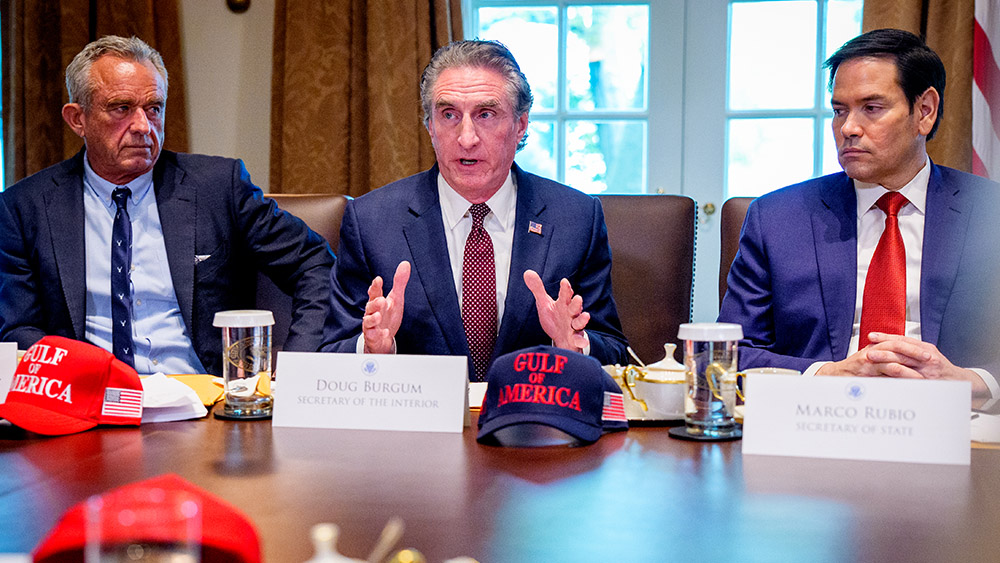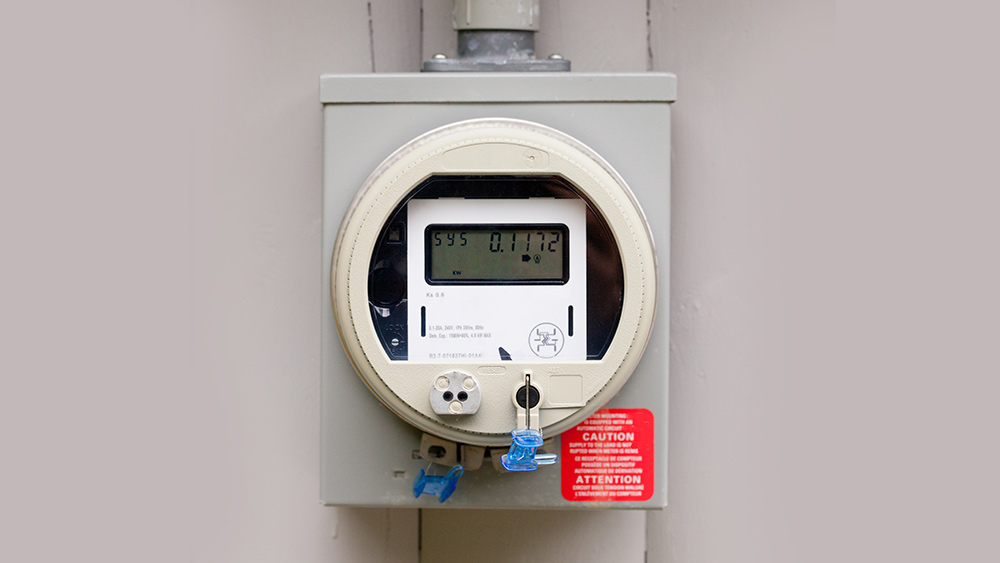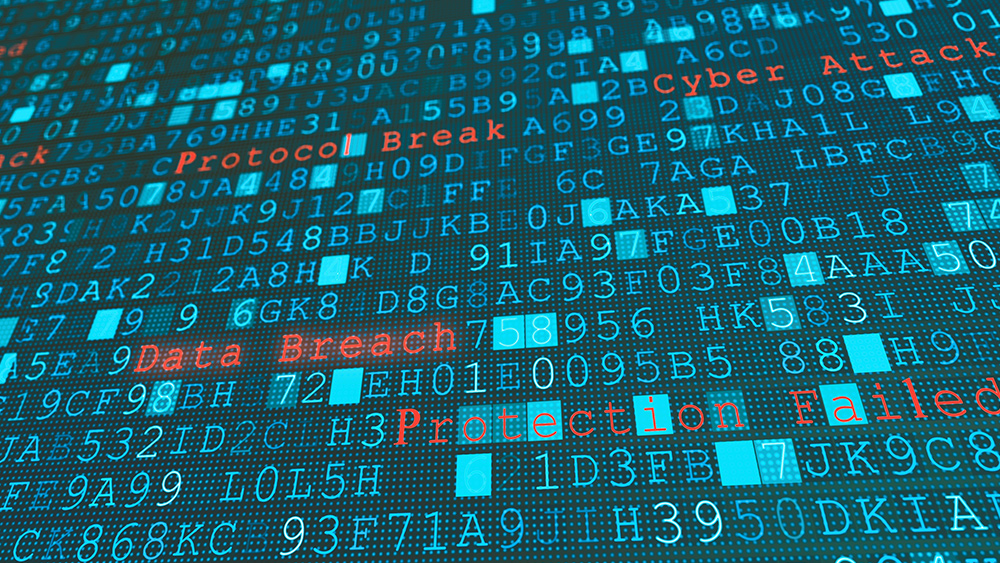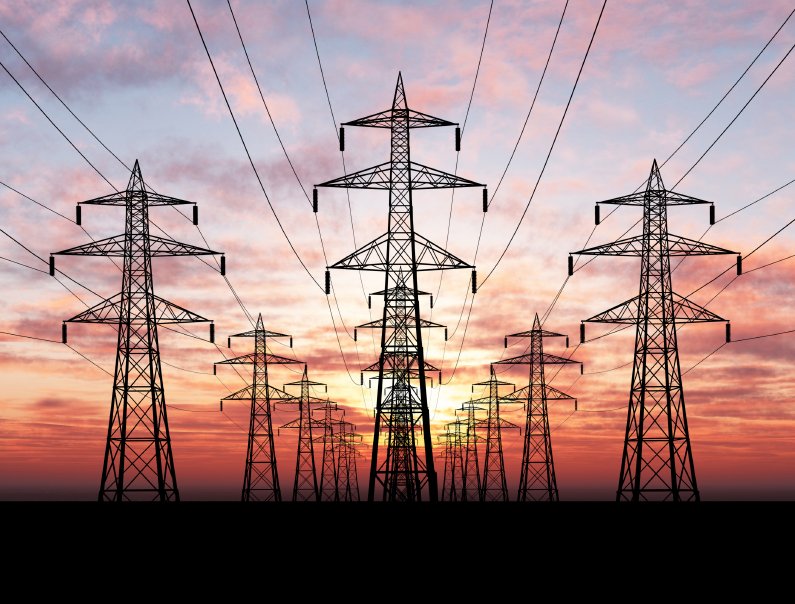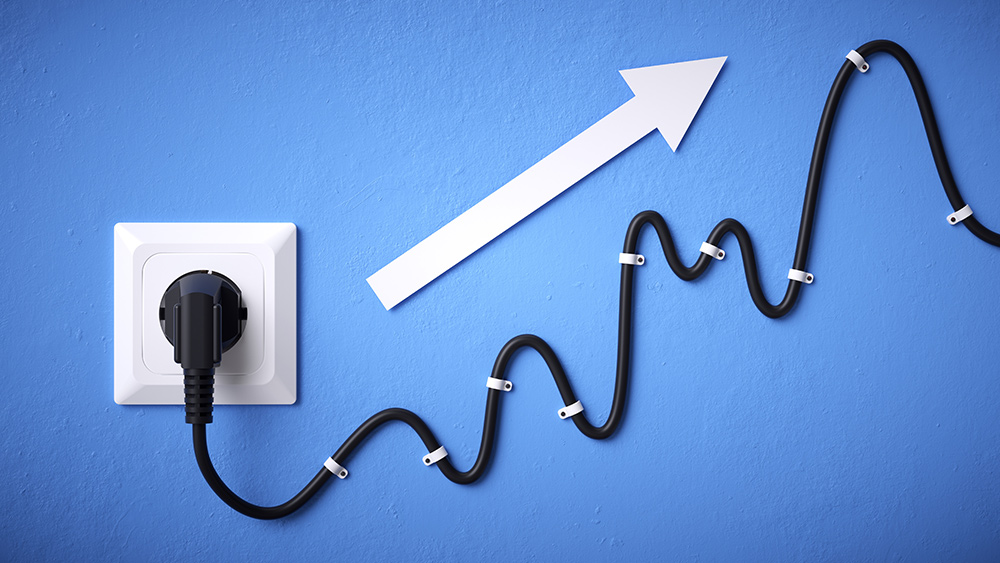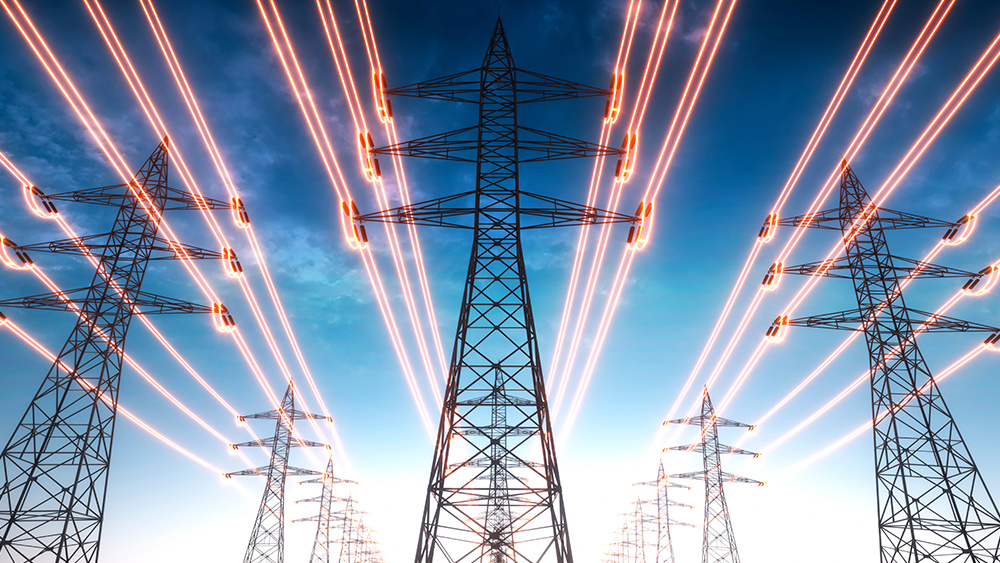Batteries, AI and the second life solution: Why recycling—not mining—holds the key to true energy freedom
08/22/2025 / By Willow Tohi

- The “Lithium Triangle” in South America is being poisoned, Indigenous communities displaced and ecosystems destroyed—all while China controls 60% of global lithium refining, creating a dangerous dependency. The refining process itself is CO?-intensive, undermining the “climate-friendly” narrative.
- Lithium batteries are a scam—expensive, unsafe and short-lived. They degrade quickly, pose fire/explosion risks and cost 30x more than safer alternatives (like sodium-ion). Yet globalists push them to control energy, wealth and populations—not to “save the planet.”
- Used lithium batteries retain 80% capacity and can be recycled with 61% less CO?, 83% less energy and 79% less water than mining. Australia could recover lithium for $27.70/kg from waste—yet corporations prefer cheap, virgin materials to keep profits flowing.
- Climate has always changed naturally, and CO? is essential for plant life—yet they weaponize environmentalism to strip freedoms, enrich elites and collapse economies. Their “Net Zero” schemes are about control, not ecology.
- The future isn’t more mining—it’s less corporate control and more self-sufficiency.
For decades, the globalist elite and their corporate puppets in Big Tech and the so-called “green energy” sector have peddled lithium-ion batteries as the savior of our energy future—yet the truth is far darker. Lithium mining is an ecological and humanitarian disaster, poisoning water supplies, displacing Indigenous communities in South America’s “Lithium Triangle,” and leaving behind irreversible destruction—all while China tightens its grip on nearly 60% of global lithium refining, creating a dangerous dependency that threatens Western energy sovereignty. The hypocrisy deepens when you consider that lithium refining is energy-intensive, emitting massive CO? emissions per ton—undermining the very “climate-friendly” narrative used to justify its expansion. Meanwhile, these batteries degrade rapidly, pose fire and explosion hazards, and cost up to 30 times more than safer, more sustainable alternatives like sodium-ion technology. Yet instead of admitting failure, the same globalists pushing climate lockdowns, carbon taxes and Net Zero tyranny continue to force this destructive model on the world—not to save the planet, but to control energy, wealth and populations.
The real solution? Decentralized, local energy independence—not more corporate-mined lithium. Discarded lithium-ion batteries still retain up to 80% of their capacity, offering a 99% pure source of lithium, nickel and cobalt that could be recycled instead of mined. Recycling slashes CO? emissions by 61%, uses 83% less energy and consumes 79% less water—all while avoiding the land destruction and soil poisoning of new mining operations. Australia alone could recover lithium at $27.70 per kilogram from battery waste, turning trash into a multi-billion-dollar industry without the ecological devastation. With the global lithium-ion battery market projected to hit 3.1 billion units annually within a decade, the question isn’t whether we can break free from this predatory, centralized energy trap—it’s whether we’ll wake up in time before the globalists lock us into their digital carbon slavery under the guise of “saving the planet.”
The answer isn’t more lithium—it’s less control. Local energy, sustainable alternatives and true stewardship—not the fake green agenda of Bill Gates, Klaus Schwab and their cronies. The Earth’s climate has always changed naturally, and CO? is the breath of life for plants—yet they’ve weaponized environmentalism to strip our freedoms, enrich elites and collapse our economies. The time to resist is now.
From EVs to AI: The second life of batteries
While most recycling efforts focus on breaking down batteries to reclaim raw materials, companies like Redwood Materials are pioneering a second-life approach. At its Reno facility, the company tests retired EV batteries to determine if they can be repurposed—not shredded. “Many batteries still have 50–70% of their capacity left,” said JB Straubel, Redwood’s CEO and Tesla’s former CTO. “We can extract far more value by reusing them.”
Redwood’s first project: a solar-powered microgrid feeding a Crusoe AI data center. The system, capable of storing 64 megawatt-hours, is one of the largest of its kind in the U.S. and runs on 99% renewable energy. For AI companies—whose energy demands are doubling by 2030, per the International Energy Agency—such microgrids offer a faster, cheaper alternative to traditional power plants. “Storage is the perfect solution to AI’s energy crunch,” Straubel said.
The implications extend beyond tech. Retired mining equipment batteries, for example, could be repurposed for grid storage, said Dr. Muhammad Azhar, an ECU lecturer. “The mining industry’s shift to electrification creates another stream of used batteries,” he noted. “This is a chance to turn waste into an asset.”
The roadblocks: Policy, infrastructure and industry willingness
Despite the promise, three major hurdles stand in the way of a battery recycling boom:
- Policy lag: Regulations haven’t kept pace with rapid advances in battery chemistry. “We’re recycling yesterday’s batteries with today’s tech,” Afrin said. “We need adaptive policies.”
- Infrastructure gaps: Scaling recycling requires massive investment in collection, sorting and processing facilities. Australia and the U.S. are racing to build capacity, but progress is slow.
- Industry resistance: Some automakers and tech firms prefer cheap, virgin materials over recycled ones, despite the long-term cost savings. “Change requires incentives,” Straubel said. “Right now, the economics favor mining.”
Yet momentum is building. The Inflation Reduction Act includes tax credits for recycled battery materials, and the EU’s Battery Regulation mandates minimum recycled content in new batteries. “The transition is inevitable,” Ali said. “The question is how fast we can make it happen.”
A future powered by waste?
The vision is clear: a world where no battery is wasted, where mining’s environmental toll is slashed and where energy independence is built on recycling. Redwood’s microgrid is just the beginning. The company says it already has enough reusable batteries to build a gigawatt-hour of storage—enough to power a million homes for an hour. “This could be bigger than recycling,” Straubel predicted. “Reuse might become our core business.”
For consumers, the message is simple: your old EV battery could power your home—or an AI data center. For policymakers, the call is urgent: invest in recycling infrastructure before the waste crisis worsens. And for the planet? The potential is transformative. “We’re not just reducing waste,” Afrin said. “We’re redefining how we power the future.”
The circular economy’s moment of truth
The battery recycling revolution isn’t just about saving money or cutting emissions. It’s about reclaiming control—over resources, over energy and over a future where waste becomes wealth. The technology exists. The economics make sense. Now, the question is whether industry and government will act before the opportunity slips away. One thing is certain: in the race to a sustainable energy future, the answer may lie in what we’ve already thrown away.
Sources for this article include:
Submit a correction >>
Tagged Under:
AI, alternative energy, Big Tech, Censored Science, Ecology, elites, environ, EVs, future tech, Glitch, globalism, green tyranny, lithium, mining, new energy report, propaganda, recycling, rigged, robocars, truth
This article may contain statements that reflect the opinion of the author
RECENT NEWS & ARTICLES
Electricity.News is a fact-based public education website published by Electricity News Features, LLC.
All content copyright © 2018 by Electricity News Features, LLC.
Contact Us with Tips or Corrections
All trademarks, registered trademarks and servicemarks mentioned on this site are the property of their respective owners.





